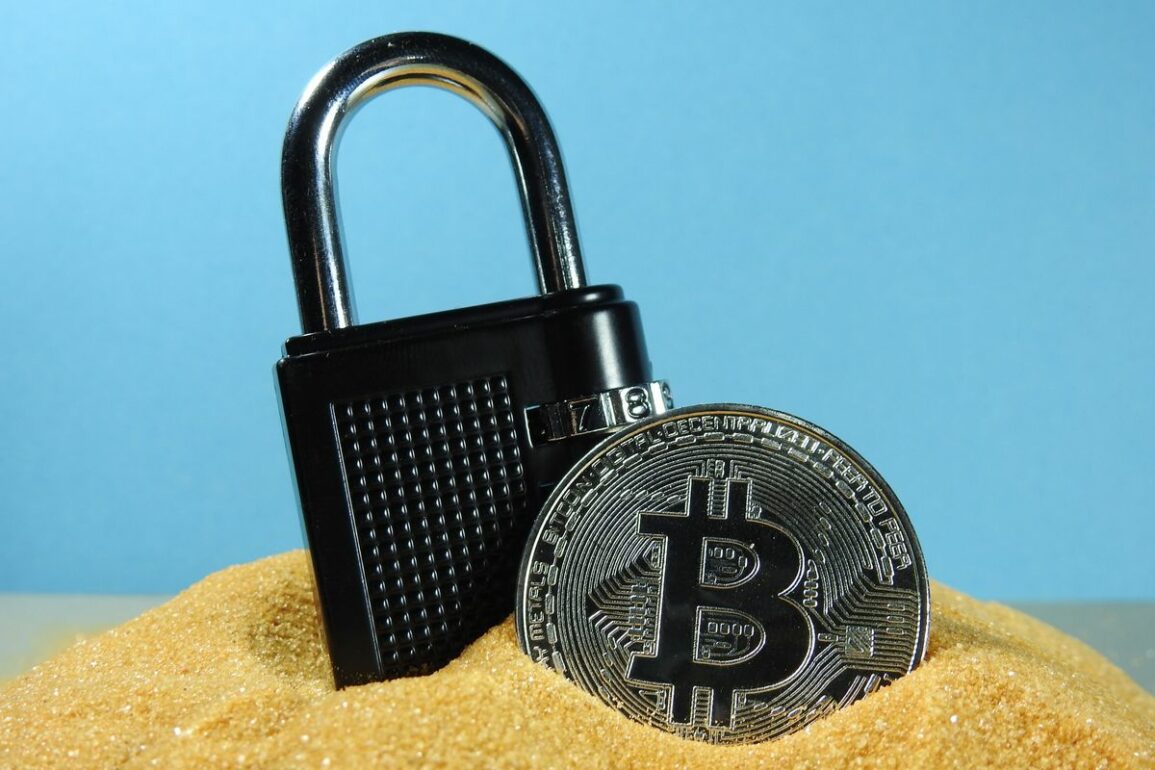Public and private keys are critical to blockchain technology as a way to encrypt, decrypt, and authenticate transactions on a blockchain network. As an investor, it is critical to understand how these keys work to protect your crypto tokens within your wallet.
Looking to learn more about the basics of Crypto? Check out our Crypto terms every investor should know.
Understanding Public-Key Cryptography
Public-Key Cryptography (PKC) is a validation technology to authenticate data used in computing. PKC utilizes asymmetric encryption to ensure that only users with the correct keys can access the data. Asymmetric encryption requires a public key for encryption and a private key for decryption.
Cryptocurrency uses PKC to encrypt and decrypt transactions on a blockchain. PKC ensures the security of the transaction and authenticates the users between the transaction. To exchange cryptocurrency on a blockchain, users need public and private keys.
Why You Need Public and Private Keys
Blockchain technology relies on public keys and private keys for several critical functions:
- Protecting a User’s Identity: Using keys, individuals can safeguard their identity and data while performing transactions on the network.
- Ensures the Security of the Transaction: Cryptography validates that the transactions are secure, valuable, and viable.
- Enables the Transaction to Turn into Secure Blocks: When a transaction turns into a block and is added to the blockchain, the block cannot be altered without consensus, providing the highest security from attack.
Related Link: Four Kinds of Blockchain Structures: Which is the Best for You?
What is a Crypto Private Key?
Your crypto wallet will have a private key assigned to your wallet to decrypt, send, receive, and access transactions. A private key can be a:
- 256 character binary code
- 64 digit hexadecimal code
- QR code
- Mnemonic phrase
Because private keys are very complicated, users are given a secret phrase when they activate their crypto wallet.
Why Do I Have a Secret Phrase?
The secret phrase is a failsafe for authenticating the user to verify the wallet is theirs. You should never share your secret phrase with anyone. You should only use it to verify access to your crypto wallet.
The secret phrase is 12-24 words that act as a long-tail password for accessing the crypto wallet. Your secret phrase should be written down, stored securely, and not be accessible from an Internet connection. Your crypto wallet will keep your private key secure. You will be locked out of the wallet if you lose or forget your secret phrase.
How Do I See My Private Keys?
Most crypto wallets don’t openly share your private key. You may be able to find it in your settings, but your wallet securely handles and manages your private key. Your secret phrase acts like your private key.
So anyone with your secret phrase can spoof your wallet. That’s why you must never share your secret phrase with anyone or thing. Beware: hackers and scammers can create believable scenarios to trick you into sharing your secret phrase.
What is a Public Key in Cryptocurrency?
A public key enables users to receive cryptocurrency in their crypto wallet. Your crypto wallet’s private key generates the public key using a complicated mathematical algorithm known as elliptic curve multiplication or The Discrete Log Problem. This algorithm ensures hackers cannot reverse the public key to access the private key.
Because the public key is secure, users can share their public key openly to receive crypto tokens. The public key encrypts the transaction, allowing only the user holding the private key associated with that public key to access the transaction.
Want to buy and sell crypto with ease? Learn more about Unbanked’s cryptocurrency solutions.
Related Link: Cryptocurrencies as a Solution for the Unbanked
Is a Public Key the Same as a Wallet Address?
No, they are not the same, but they are similar. Just like the public key is generated from your private key, the wallet address is generated from the public key using a one-way hashing algorithm. Your crypto wallet address is similar to a public key because it can be shared openly. But it’s not the actual public key but rather a 160-bit representation of the public key.

Can I Lose My Public and Private Crypto Keys?
Yes. That’s why your secret phrase is so important and should be treated like a legal document. If you have a hot (software) wallet, you’ll need your secret phrase to access the wallet. If you have a cold (hardware) wallet, the secret phrase is still critical, but you can also physically lose the wallet and the public key.
How Public and Private Keys Work Together
The private and public keys work in unison to create a digital signature for accessing data or transactions. The keys work in unison. When a user sends a transaction to another user, the recipient’s public key encrypts the transaction.
But the blockchain also requires the sender’s public key to verify that the transaction is from the sender. Using both the sender and receiver’s public keys for encryption creates a digital certificate or signature. When the receiver decrypts the transaction with their private key, it also authenticates the digital signature.
Related Link: How Can Blockchain Technology Revolutionize the Supply Chain
Do All Coins Have Public and Private Keys?
All cryptocurrency tokens utilize PKC but don’t necessarily have a public and private key pair associated with each coin. Instead, the treasury address that holds all the tokens has a public and private key to authenticate and validate each transaction when you buy or sell the token.

Public And Private Keys are Critical to Blockchain Security and Authentication
Users that buy and sell cryptocurrencies need public and private keys to encrypt and authenticate their transactions. PKC is central to blockchain security and verification. While public keys can be shared freely, users must guard their private keys and never share their secret phrases.
Unbanked strives to educate investors on blockchain technology and terminology to help them protect their cryptocurrency portfolio and invest wisely through crypto exchanges. The more you know about the technology and market, the better equipped you are to identify scams and phishing schemes.
Want to eliminate crypto deposit and transaction fees? Sign up for the Unbanked BlockCard VISA.
Related Link: How to Diversify Your Crypto Portfolio: Best Strategies





